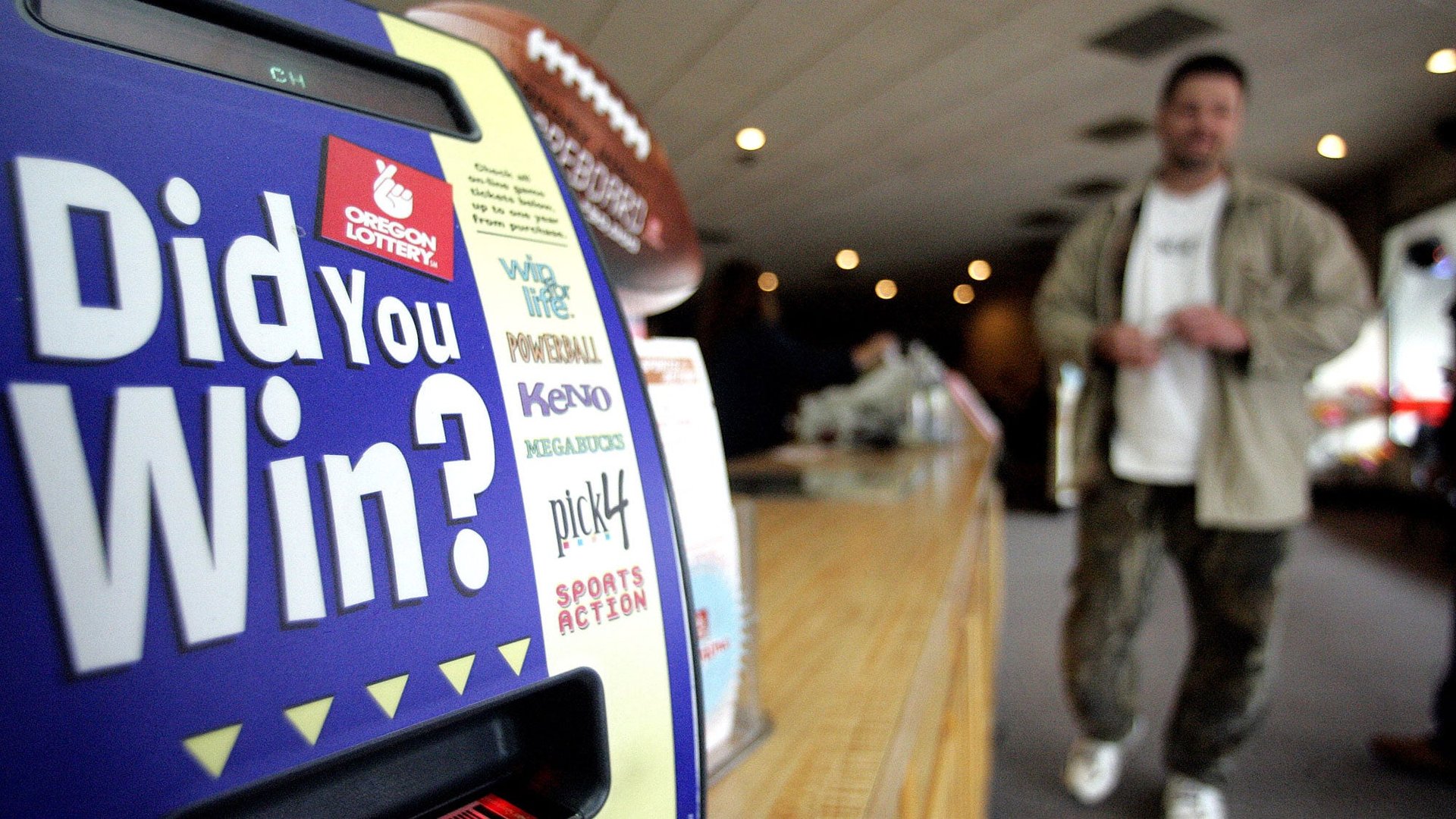A proposed change to the H-1B lottery would benefit advanced degree holders
Potential good news for advanced-degree holders applying for the US skilled-workers visa, known as the H-1B: the country’s immigration agency wants to make it easier for you.


Potential good news for advanced-degree holders applying for the US skilled-workers visa, known as the H-1B: the country’s immigration agency wants to make it easier for you.
Bloomberg reports that US Citizenship and Immigration Services (USCIS) has put together a proposal that would change the way the H-1B lottery works. The lottery is how the US randomly selects 85,000 out of a much larger pool of H-1B applicants every year, to stay under the annual cap set by Congress.
Since the 2009 financial crisis, demand for H-1B visas has been on the rise. In 2014, the number of petitions exceeded the annual limit for the first time in years, and USCIS instituted the lottery system that has been in use since.
The lottery currently involves two rounds: In the first round, 20,000 visas are awarded to randomly chosen applicants from a pool made up of only those applicants with advanced degrees—a master’s degree or higher. Then applicants with advanced degrees who were not chosen in the first round are put back into the larger pool of applicants that includes those without advanced degrees. In the lottery’s second round, 65,000 visas are randomly awarded to applicants from this larger pool. By design, the lottery favors advanced-degree holders. But as the overall number of H-1B applicants has increased, both those with advanced degrees and those without have seen their chance of getting selected diminish.
USCIS has proposed reversing the order of the two rounds in order to “increase the probability of the total number of petitions selected under the cap filed for H-1B beneficiaries who possess a master’s or higher degree from a US institution of higher education each fiscal year.”
In the first round of the proposed lottery system, visas would be awarded to 65,000 people, randomly selected from the entire pool of applicants. Then, those applicants with advanced degrees that did not get selected in the first round would move into a second round, where 20,000 additional visas would be awarded.
A small change to an existing procedure is more likely to win legislative approval. But is the USCIS right? Will this actually increase the odds for advanced-degree holders? If so, how much more of an advantage would they have compared to previous years?
To figure it out, we ran the H-1B lotteries from the last five years through the proposed new system. USCIS reported the exact numbers of advanced-degree applicants for fiscal year 2018; for fiscal years 2014-2017, USCIS didn’t disclose how many advanced-degree applicants there were, so we approximated those numbers based on how many of the petitions for initial employment under an H-1B visa filed in those years were filed on behalf of potential employees with advanced degrees (pdf). For 2014, 2015, 2016, and 2017, we approximated the share of advanced-degree H-1B applicants to be 51%, 50%, 51%, and 55%, respectively.
Our calculations show that the proposed system would have further disadvantaged H-1B applicants without an advanced degree every year from 2014 to 2018, whose chance of passing the lottery would have decreased by a range of two percentage points (in 2017) to 11 percentage points (in 2014).
A randomized visa lottery is not the Mega Million jackpot. Luck is at play, but so much more is dependent on whether the government likes your answer to the question of “what you can do for the country.”